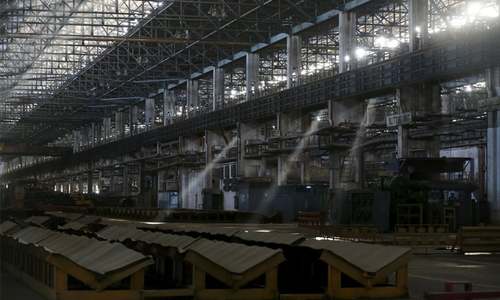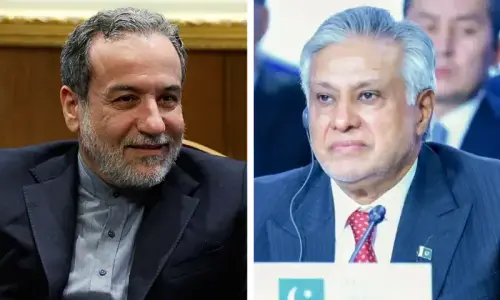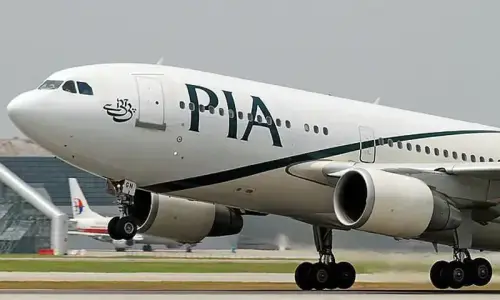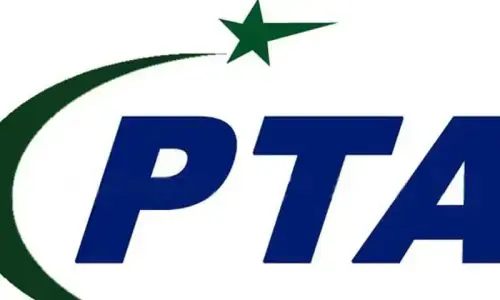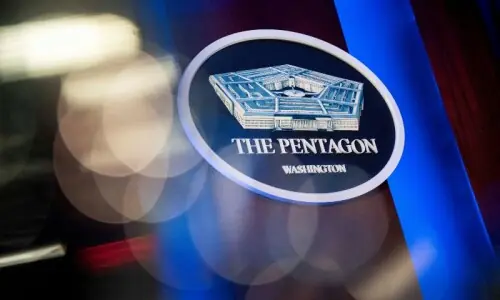KARACHI: Steel imports could cost the country up to $2.2 billion at the end of this fiscal year as demand for the commodity is on the rise amid robust construction activity.
The commodity’s imports stood at $1.3bn during the first eight months (July-February) of this fiscal year compared to $1.8bn during the entire FY15.
The fact that steel prices are low on the international market suggests the country has been importing much more iron and steel in terms of volume.
In a recent report, the State Bank of Pakistan (SBP) said cheap imports from China and Ukraine has damaged the local production of iron and steel, which fell 8.6 per cent during first half of FY16 compared to a growth of 31pc during the same period of FY15.
A significant rise in infrastructure projects in the wake of China-Pakistan Economic Corridor (CPEC) is also expected to accelerate the demand for iron, steel and cement.
A detailed research report of Topline Securities said steel usage would be extensive in CPEC-related projects, and could run into millions of tonnes over the subsequent years. Steel would be used in civil works, tail tracks, pipelines (for instance of liquefied natural gas), etc.
The CPEC involves $10bn in infrastructure projects, of which up to 15pc will be used in cement.
As per international standards, every five tonnes of cement used in infrastructure projects require one tonne of steel. This means an increase in domestic sales of 2.1m tonnes of cement during the first half of FY16 would have created demand for an additional 427,000 tonnes of steel during this period. The import unit value of finished steel declined by 13pc during July-December 2015-16.
Cherat, Attock, Lucky and DG Khan Cement have all formally announced plans to raise their annual manufacturing capacity by 1.3m tonnes, 1.1m tonnes, 2.6m tonnes and 2.7m tonnes, respectively.
The SBP report said the availability of cheap imports from China and Ukraine hurt private producers in the domestic markets. Falling prices on the global market have increased imports of iron and steel by 20.1pc during the first half of this fiscal year, on top of 42pc during the same period a year ago.
Imports of iron and steel scrap, which jumped 50pc in first six months of FY15, remained sluggish with a growth of only 2.7pc during first six months of FY16. As a result, the growth in iron and steel production by private manufacturers fell 8.2pc during July-December FY16 from 27.5pc a year earlier.
In Pakistan, most of the manufacturing plants are small-sized and therefore lack benefits from the economies of scale. Even the technology used in production is obsolete and energy inefficient in most cases.
The Pakistan Steel Mills (PSM), which has the largest production capacity in the country, is using outdated technology and is far from self-reliant due to administrative and financial constraints. As a result, domestic iron and steel products struggle to compete with cheap imports from countries where manufacturers enjoy scale benefits and use advanced technology.
Published in Dawn, April 16th, 2016



